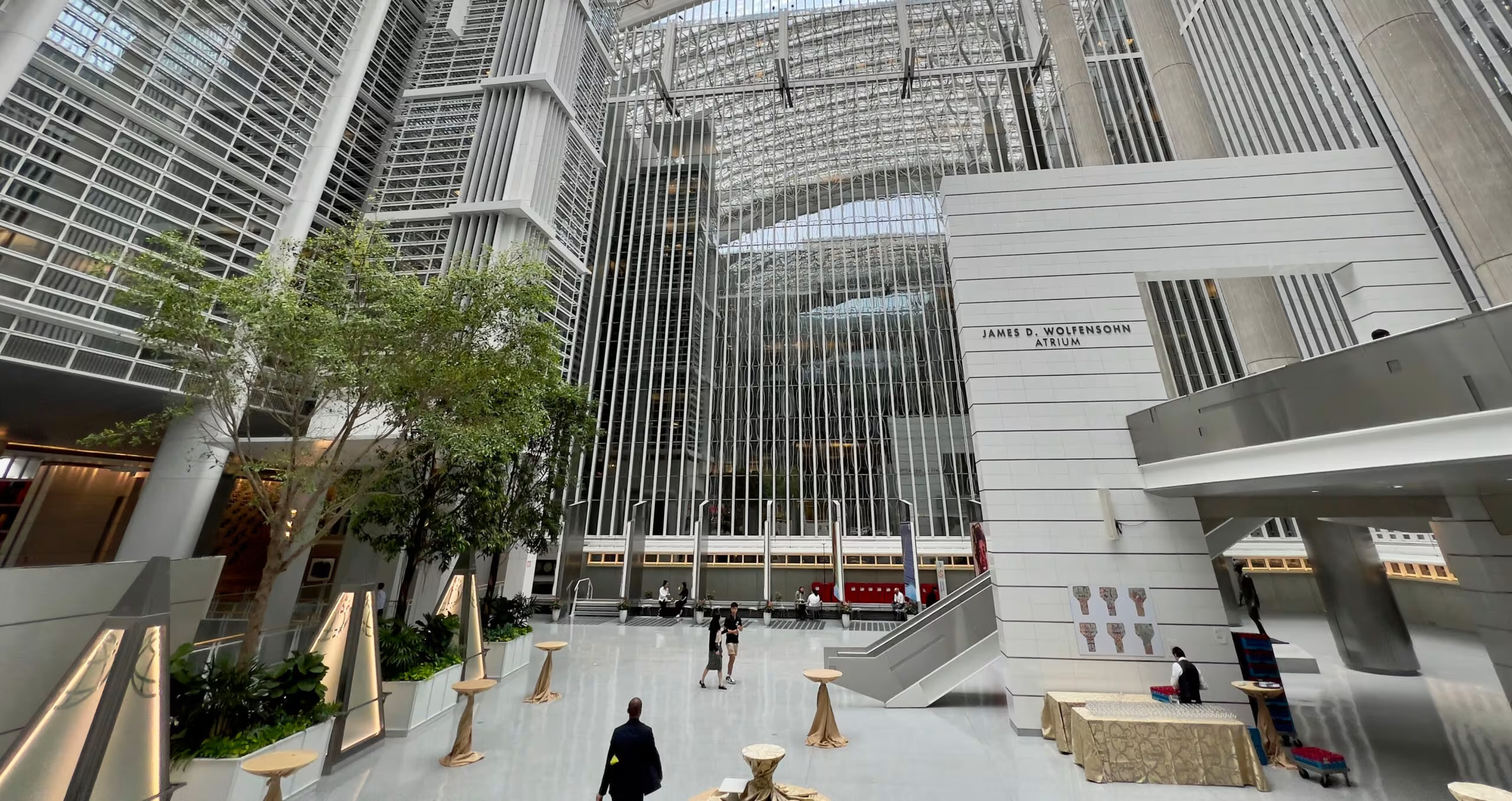Albania's 2025 GDP Growth Lowered at 3.2%
The World Bank said it expects Albania’s Gross Domestic Product (GDP) to grow 3.2% in 2025, from an estimated 3.9% in 2024, cutting its October forecast by 0.2 percentage points (pp).
The World Bank also projects Albania’s GDP will grow by 3.1% in 2026, lowering its October forecast by 0.3 pp, the bank said in its latest Economic Update for Europe and Central Asia report on Wednesday.
"Risks are heavily tilted to the downside. Heightened global policy uncertainty, trade fragmentation, increased trade barriers, geopolitical tensions, and financial market volatility dominate," the World Bank said in the report.
In a regional perspective, the World Bank foresees the Western Balkans economy will expand 3.2% in 2025, following an estimated 3.5% in 2024, a decrease from its previous projection of 3.7% growth.
Growth in the developing economies of Europe and Central Asia is expected to slow significantly to 2.5% on average in 2025-26 in the face of profound global uncertainty. To boost competitiveness and create jobs in this challenging economic environment, the region should improve business dynamism and foster its private sector by facilitating firm-level innovation, technology adoption, and better domestic competition. By prioritizing these efforts, Europe and Central Asia can encourage an enterprise-driven growth model, which is essential for creating better-paying jobs and achieving and sustaining high-income status.
Countries in Europe and Central Asia face a “missing large” problem - too many small, unproductive firms and too few enterprises that grow into industry leaders. Blanket support to small and medium-size enterprises (SMEs) has led to an oversupply of small firms without facilitating their growth.
Instead, policies should move beyond broad SME support and focus on enabling the most productive firms to expand, innovate, and compete in global markets.













